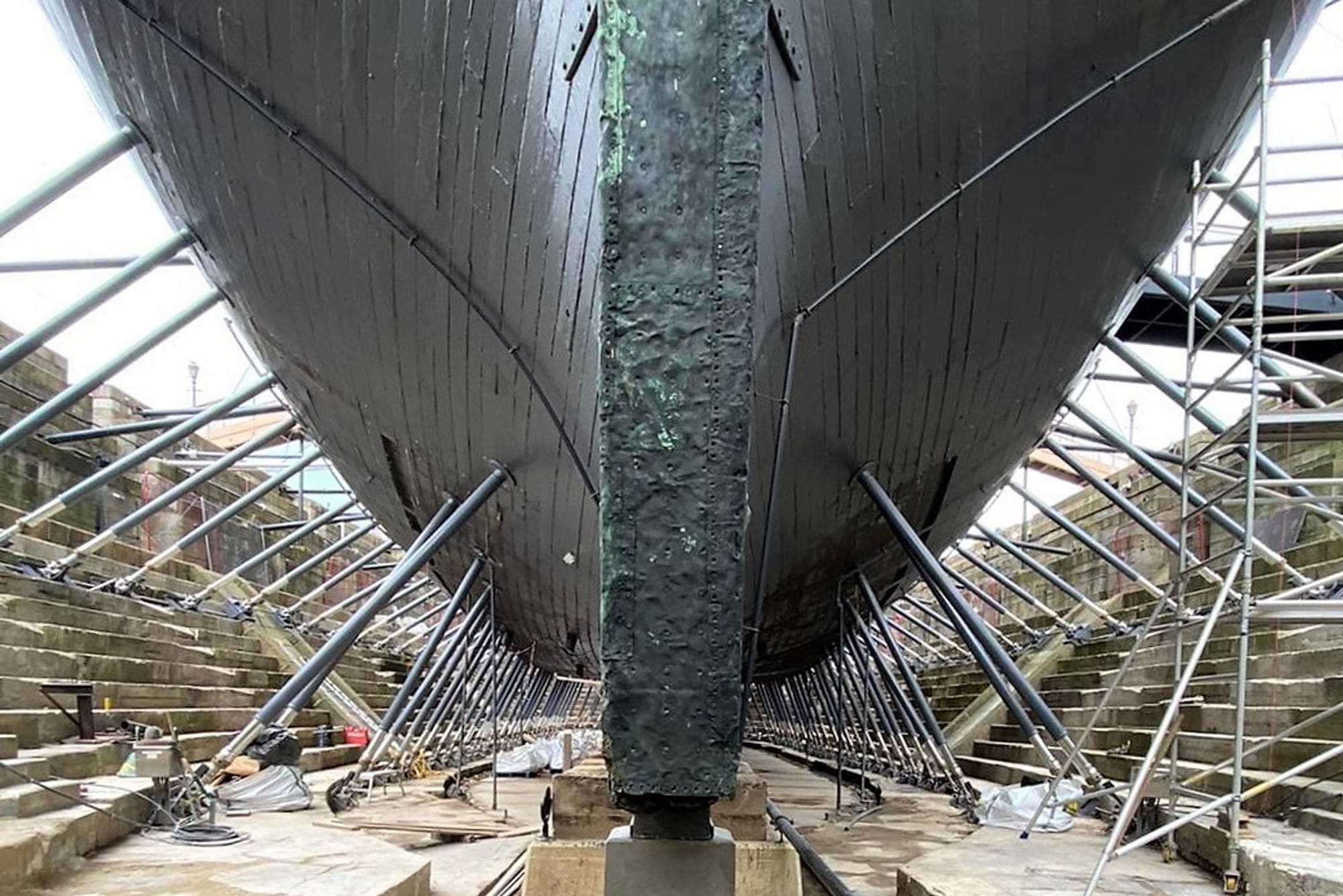
Maritime Heritage: Preservation And Restoration Of Historic Ships
Historic ships are relatively rare and do not often survive the ravages of time, so, those that do, are priceless cultural treasures that require a unique approach to preservation and restoration. Many historic ships, such as HMS Victory, HMS Unicorn, and SS Great Britain, are unique cultural icons, with many of these vessels surviving wars, weather, and time itself. Historic ships offer a unique insight into the lifestyle, cultural practices, and maritime engineering practices of the past and, as such, preserving and restoring them is an excellent example of the value of conservation engineering.
In this article, we will explore how collaborating with an experienced heritage civil and structural engineering specialist, such as Fenton Holloway, can contribute to the long-term preservation of these maritime marvels.
Strategic Conservation Planning
To preserve a historic ship, the guiding principle of any restoration must be to maximise the longevity and quality of the ship’s original features and character, while minimising damage from weather exposure and other factors. A well-thought-out overall conservation strategy is therefore crucial, and it must be based on sound engineering principles to succeed. Collaborating with heritage civil engineering specialists from an early stage ensures that a comprehensive restoration plan can be put in place to support the structural and safety elements of the project, addressing the materials, methodologies, and techniques specific to the period in which the ship was built.
A suitable support system is fundamental in ensuring the long-term integrity of the ship’s hull and structure so that the vessel does not simply collapse under its own weight. The system should be designed to evenly distribute the ship's weight, accounting for the structure's unique geometry and historic materials.
To achieve this, it is essential to establish priorities for repair, in order to focus on the most significant and urgent damage, as different parts of a historic ship may require varying levels of attention and repair. A heritage structural engineering specialist can assess the severity and urgency of the damage, thereby helping to establish priorities. This prevents spreading project and funding resources too thinly and ensures that the most critical structural concerns are resolved first, maintaining the integrity of the ship.
Meticulous structural analysis can then be conducted, after which the ship should be maintained regularly to avoid the need for major interventions in the future.
Cross-Disciplinary Collaboration In Historic Ship Preservation
Ultimately, a collaborative cross-disciplinary effort involving historians, engineers, and conservators is required to guarantee that these magnificent vessels retain a place in our collective heritage.
Historians contribute their in-depth understanding of the ship's historical context, including its construction, use, and significance in history. They help to interpret the ship’s narrative and cultural significance, providing valuable insights into its original condition and the changes it may have undergone over time. This historical perspective is vital in making informed decisions about the ship's restoration and interpretation.
Engineers, on the other hand, focus primarily on the ship's structural integrity. They assess the present state of the ship, identify any potential issues, or damage, and help implement solutions that respect the vessel's historic fabric. Their work ensures the ship's safety and long-term survival, balancing the need for preservation with practical considerations such as stability and structural soundness.
Conservators also bring a unique set of skills to the table, focusing on the preservation and treatment of the ship's material fabric. They apply scientific methods to understand the degradation processes affecting the ship and develop appropriate conservation treatments. Their work is essential in preventing further deterioration and preserving the ship's physical integrity.
The collaboration between these professionals is a dynamic and ongoing process. Through regular communication and consultation, they ensure that all aspects of the ship's preservation are considered throughout the project so that its cultural and historical value is maintained for future generations.
Our Restoration Work On SS Great Britain
A good example of this cross-disciplinary approach to maritime restoration is evidenced in the restoration of the SS Great Britain. This iconic vessel, designed by pioneering engineer Isambard Kingdom Brunel, was originally launched in 1843 and was the largest passenger steamship of its time. The passage of time was not kind to the ship, and by the time she was rescued by a maritime restoration team in 1970, the once proud vessel was a “beached wreck” in desperate need of repair.
Over the ensuing 50 years, SS Great Britain was brought back from the brink of destruction through the concerted efforts of highly motivated volunteers, preservation experts and a world-class ship engineering team over the course of several restoration projects. The ship is now housed in the original dry dock in Bristol from which the vessel was launched and is one of the city’s leading museums and tourist attractions. The success of this long-term endeavour speaks to the immense value of the partnership between multiple disciplines and the importance of adopting a solid engineering-based approach.
Our involvement with the restoration included a detailed condition survey and computer analysis of the ship’s iron hull, during the construction of a £12 million interpretation centre in the existing dockyard buildings completed in 2005. This enabled the team to make the ship safe with minimal intervention and risk of damage to the ship’s historic hull.
Find Out More
Let historic ship restoration expert Richard Fenton guide you through your next project by emailing him directly at rfenton@fentonholloway.com
/Richard%20Fenton%20-%20Historic%20Ships%20-%20Long.webp)

.png?width=365&height=215&name=Brochure%20CTA%20(1).png)